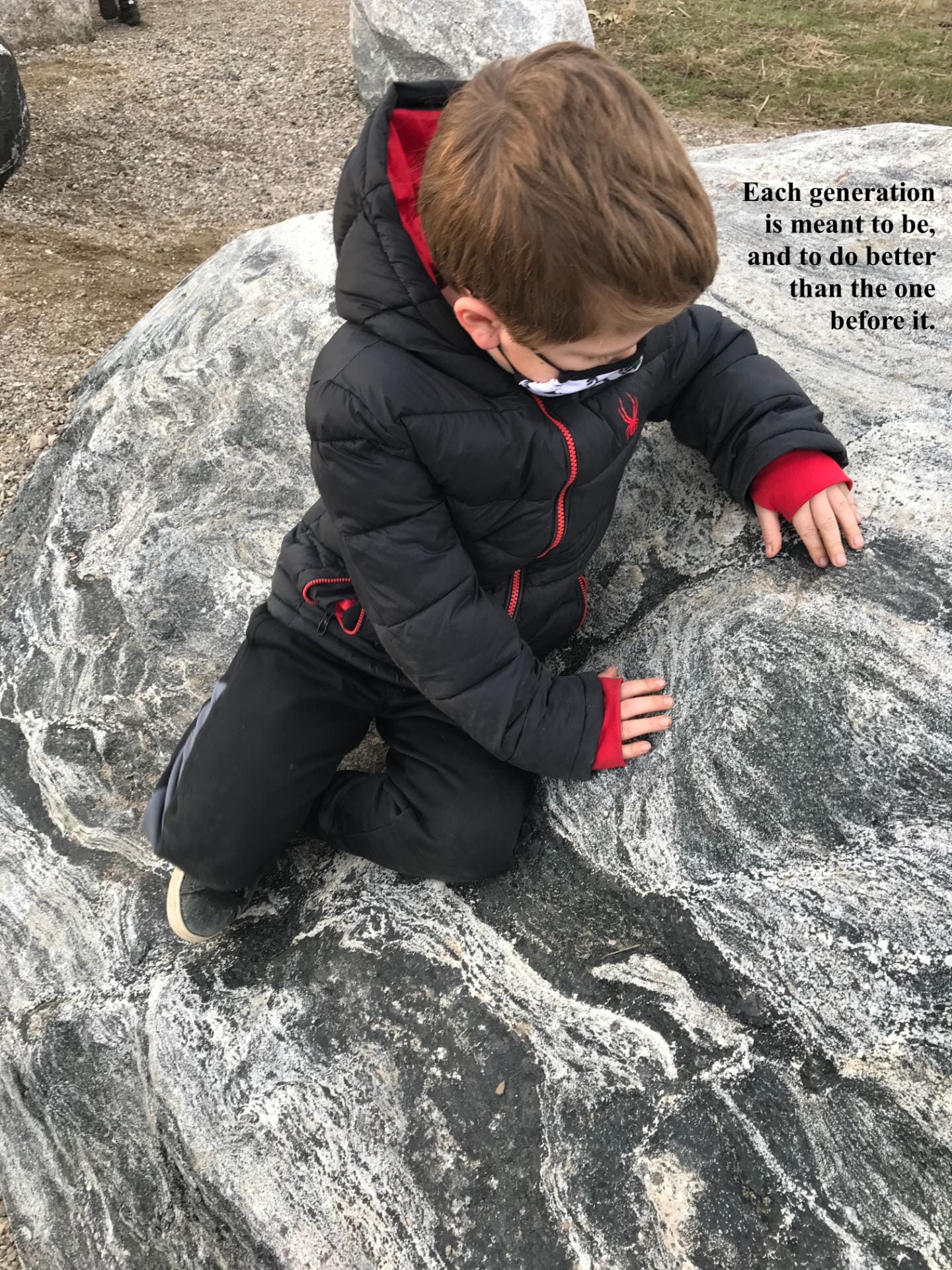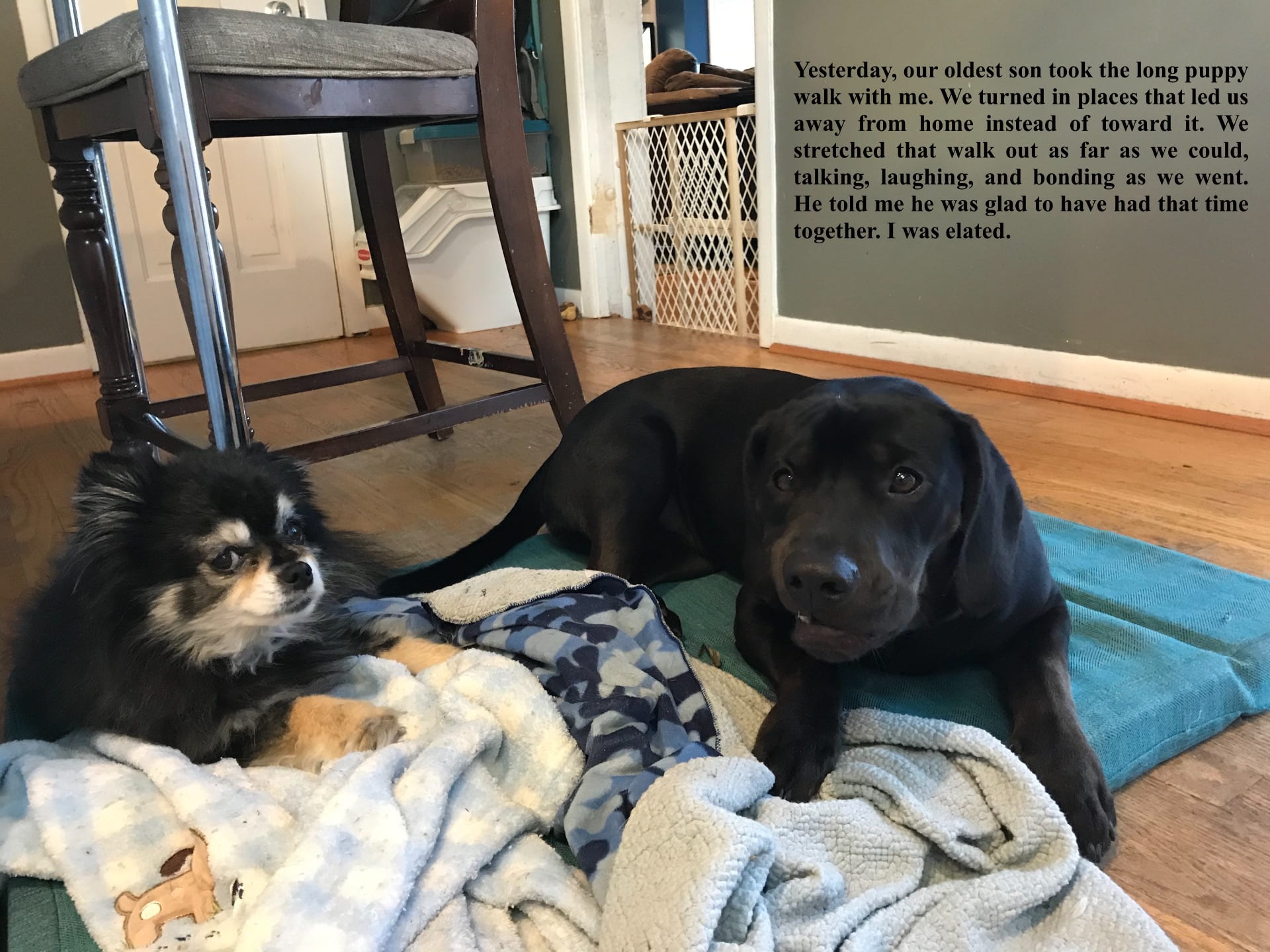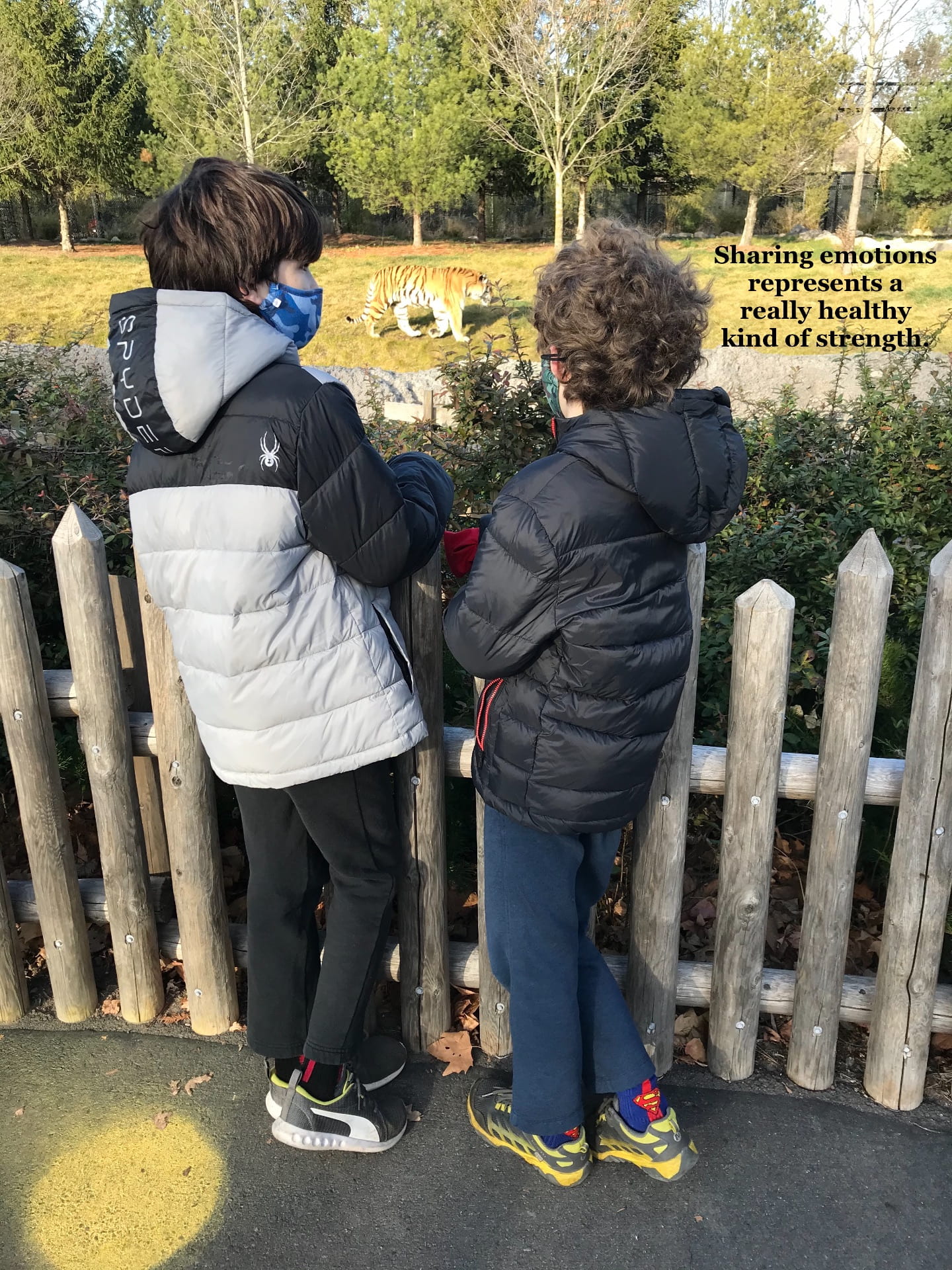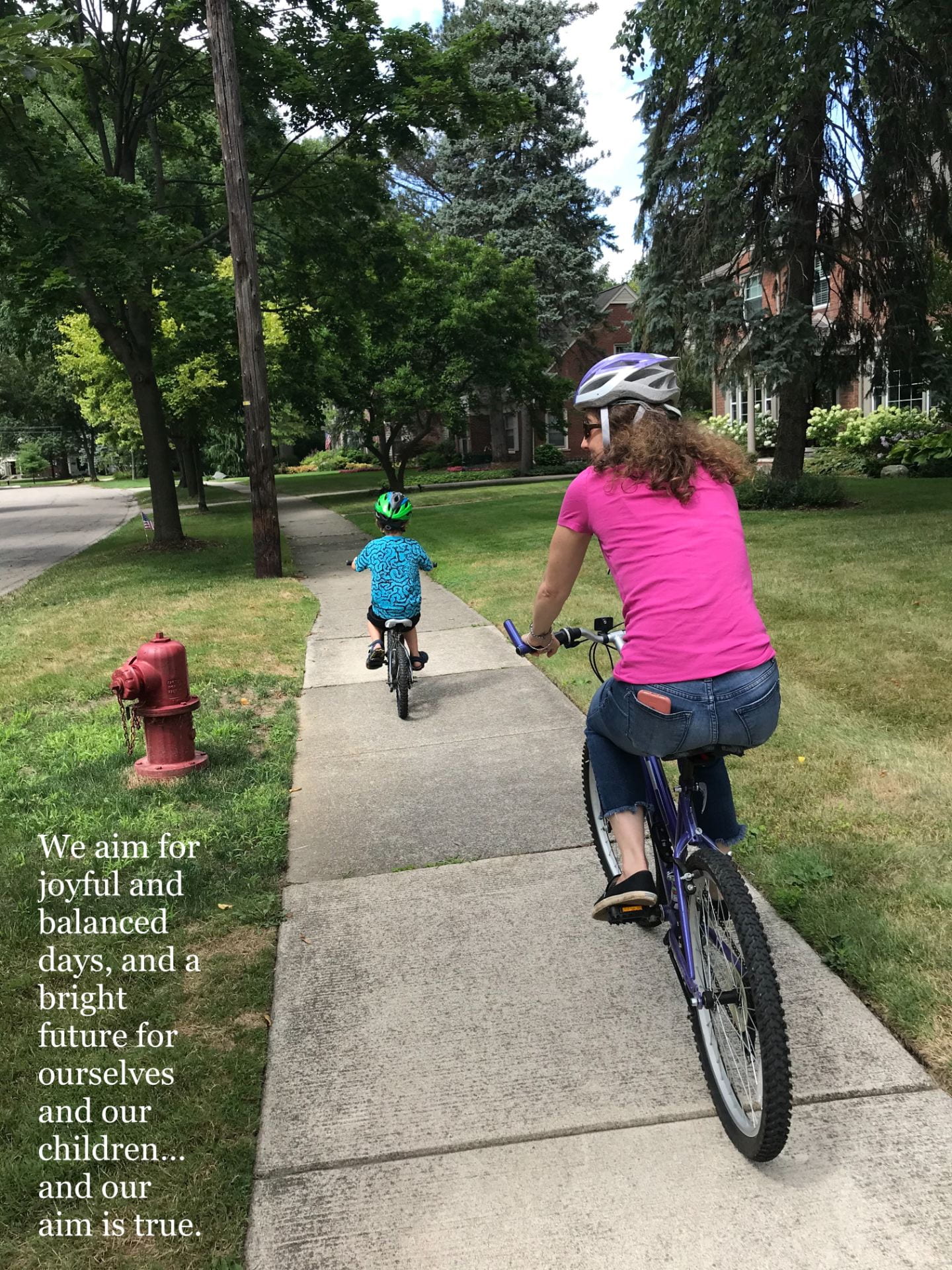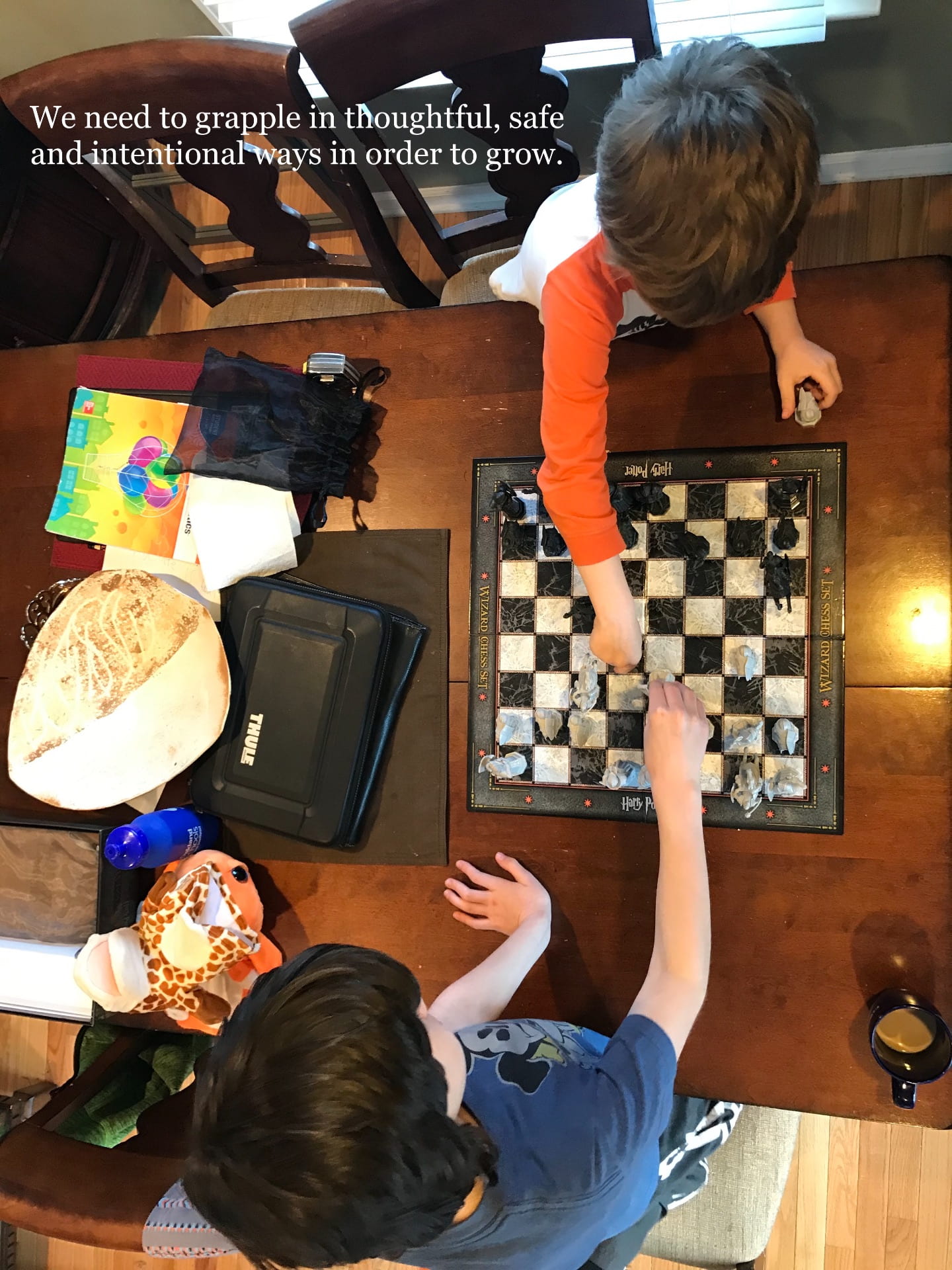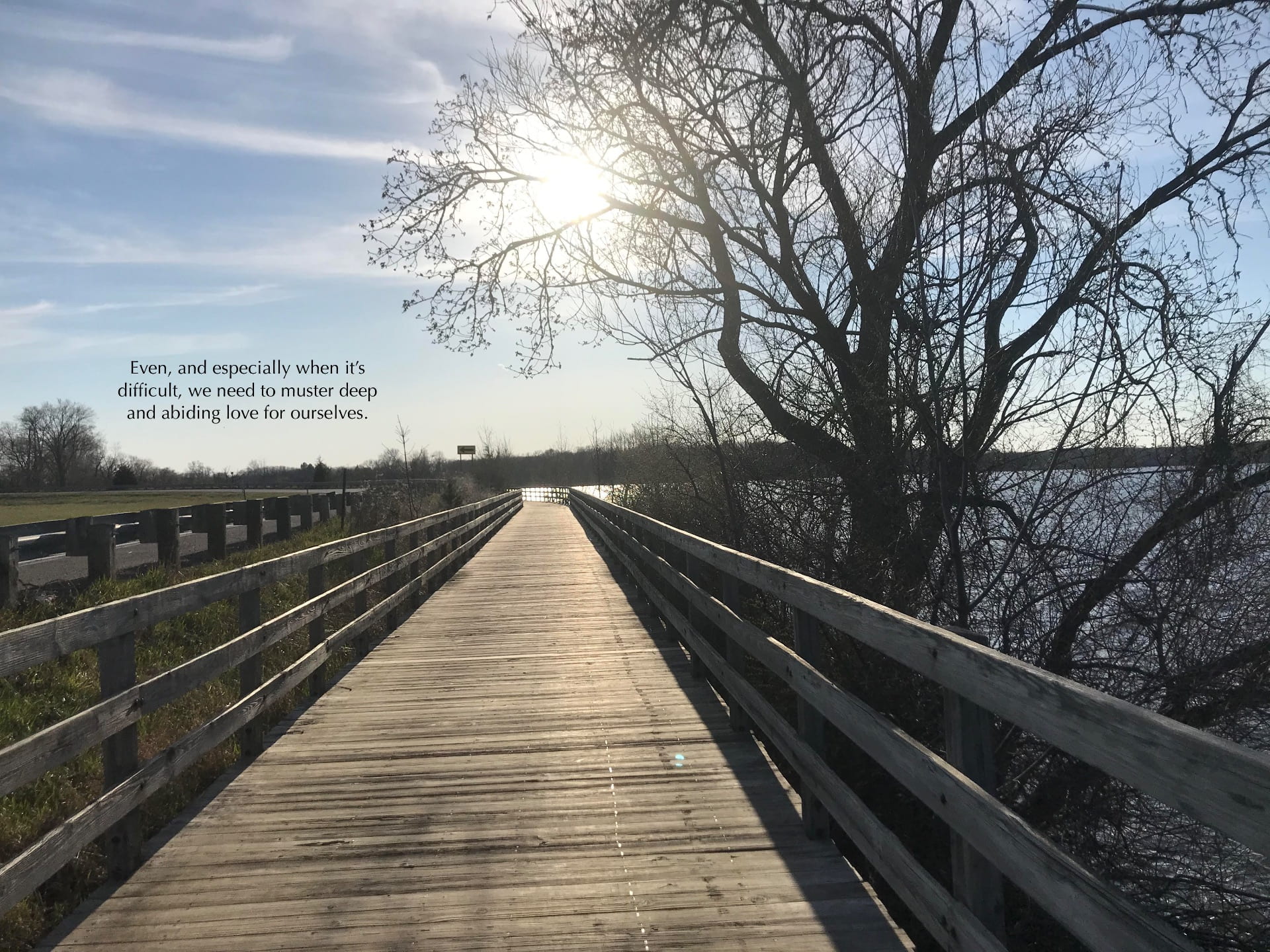Have a Bad Day
I’m blessed.
I’m a husband and I’m a father.
I’m a son, a brother, a nephew and a friend.
I’m an elementary school principal.
Together with my wife, my family, my friends, and my colleagues, the days of my life are dedicated to the service of children. For that, they are purposeful, reflective, and inspired by a steadfast belief that each generation is meant to be, and to do better than the one before it.
I’m a human being, and because of that, I have good days and I have bad days.
Currently, like you, I’m living through an extended crisis.
It’s a brand new year, though. So, I’m supposed to be my best self, at least for a while. Right?
A few days? A few weeks? Months, maybe?
I’m supposed to start the year off strong. A new beginning.
I’m supposed to be tolerant, not frustrated.
Patient, not restless.
I’m supposed to breath through challenges.
I’m supposed to be resilient.
The problem is, I’m having a bad day.
Instead of getting to bed at a reasonable time last night I binge watched Survivor: Heroes v. Villains. So proud of that fine decision making and stellar time management (as my six-year-old would say, “I’m being sarcastic.”)
I got my second wind sometime after midnight, proceeded to toss and turn for while, and then began the long, arduous process of becoming a colossal grouch.
January 1st…colossal grouch. So much for a new beginning.
Bravo, big guy.
I spent the morning distant from my family, short in my responses, brooding, and completely unproductive.
Another proud admission: I began the day with a lavish pity party for myself. One for the books.
It was a hot ticket party, with an all star guest list. Everyone knows I throw the best pity parties, and so they all showed up.
Guilt and frustration were sidled up to the bar laughing over stories about my awkward early twenties. Contempt was flirting with anger at a table near the dance floor. Self-righteous indignation was at the podium, relentlessly roasting self-awareness, who was close to tears at the coat room counter fumbling for his tag so that he could get out of there as soon as possible.
Foolish pride, resentment and misplaced aggression were whispering, smirking, rolling their eyes and shaking their heads as they combed over what was truly a tremendous dessert buffet, popping mini cream puffs into their mouths and loading their plates with all sorts of the most fashionable designer confections you could imagine. Very trendy…and delicious, too.
Grumble was doing karaoke, but no one was listening.
I was failing. Starting the year failing.
The first thought that came to mind as I began recovering from the pity party was that I needed to be stronger…that I was stronger. Why couldn’t I pull it together?
My second thought was about the extreme privilege underlying everything I do and everything have. I felt disgusted with myself. How could I be feeling so down and being such a baby about it? Pathetic.
My third thought was about forgiveness. I could linger in this, or I could forgive myself, pull myself up, and get on with things. After all, new year or not, this is really just another day, and as I mentioned above, some days are good and some days are bad.
There’s a researcher named Dr. Marciel Francisco Losada who suggested that high performance and well-being can be associated with a positivity to negativity ratio of 3:1. If that’s true, Maybe we can maintain high performance and well-being by seeing that our good days outweigh our bad days 3:1. We can’t avoid having bad days. Maybe we should simply accept them, lean into them, live them, forgive ourselves, and chart them to stay in balance.
The way I see it, there are 365 days in a year. Actually, that’s not just the way I see it, that’s the way it is. If we can make sure that about 245 of them are good days we might be doing alright. That leaves 120 in the bank of potential bad days before our performance and wellbeing are impacted (in theory).
No one looks for bad days. We don’t want to feel down, lonely, lost, hopeless, unfulfilled or disconnected. We don’t want to be frustrated. We don’t want to let people down or contribute to their stress or hurt. That said, there doesn’t see to be any avoiding that sometimes we will.
Even as an eternal optimist, I wonder if we’re setting ourselves up for increased suffering and disappointment if we aim for 365 good days in a year. I wonder if leaning in, accepting, being reflective, and taking stock of our bad days could be a path to growth, to high performance and to wellbeing.
Either way, I’m starting this year out with this message to the incredible people I’m blessed to be living this life with: have a bad day. Have 120 of them if that’s the path you’re on. Try to keep it around or below that number for your own sake. No matter what happens in any given moment, and for what it’s worth, you won’t be letting me down or hurting me.
Forgive me for bad behavior in my toughest moments. I’ll do the same for you. We are truly in this together. The ups and the downs make us who we are.
It’s a beautiful, terrible, confusing, and inspired world. Even on a bad day, I’m as excited as every to be taking steps forward in leaving my legacy, whatever it may be, for the next generation in the year to come.
In it together for the kids.
Live. Love. Listen. Learn. Lead. Thanks.
